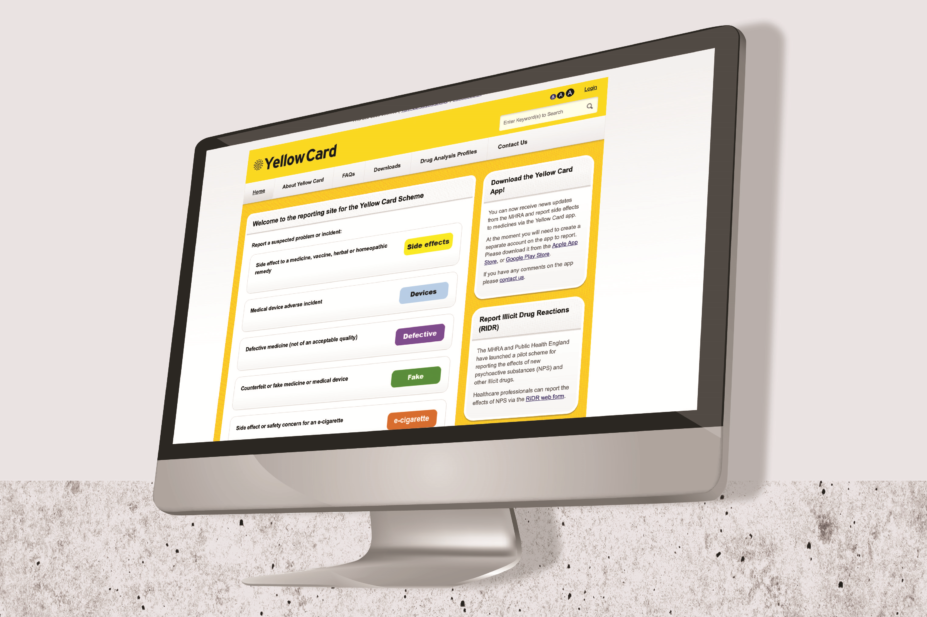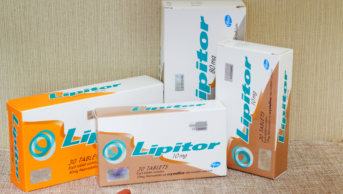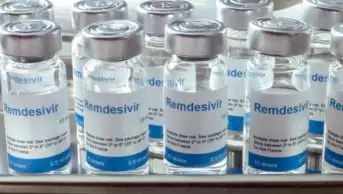
Shutterstock.com / JL
More than half of community pharmacists in Wales have never submitted a Yellow Card report, according to survey results published in Pharmacoepidemiology and Drug Safety
.
Barriers to reporting adverse drug reactions (ADRs) included not seeing them, difficulty identifying the causative drug, not being sure which ADRs to report and lack of time, the researchers found.
A self-complete questionnaire was mailed to all 713 registered community pharmacies in Wales, addressed to ‘The Pharmacist’.
The questionnaire, which had a 52% response rate, asked participants about pharmacist demographics as well as experience of training on ADRs and reporting through the Yellow Card scheme. A further section asked about barriers and facilitators to reporting.
In terms of experience of ADR reporting, 57% of respondents said they had never reported an ADR through the Yellow Card scheme. The survey showed that non-reporters were more likely to cite lack of confidence, uncertainty over what to report, and not seeing ADRs as reasons not to submit a Yellow Card report.
Non-reporters were also more likely to identify clearer guidance as a factor in encouraging them to report, the survey showed, while those who had reported were more likely to identify getting feedback from the Medicines and Healthcare products Regulatory Agency (MHRA); being able to keep ADR report records in their dispensing software; and remuneration as facilitators.
Overall, however, respondents had a positive attitude towards reporting and the vast majority saw ADR reporting as part of their professional role.
A spokesperson for the MHRA said that pharmacists play an important role in supporting the work it does by reporting suspected ADRs to its Yellow Card scheme.
“The whole pharmacy profession is in a unique position, through their interactions with patients, to provide us with valuable real-world information on how patients are using medicines, and helping to identify and support suspected adverse drug reactions,” they said.
“We have been and continue to work closely with groups across the healthcare sector, including pharmacy specific groups such as the Royal Pharmaceutical Society, to help break down barriers to reporting, to work on how we can make the system more user-friendly, and to educate and provide guidance on reporting to the scheme through learning modules available on our website.
“We encourage anyone — patient, carer or healthcare professional — who is aware of an adverse drug reaction associated with a medicine, to report to us via the Yellow Card scheme.”
The MHRA said that in 2018 there was a 4% decrease in Yellow Card reporting from all healthcare professionals, including community- and hospital-based pharmacists (–14% and –11% respectively).


